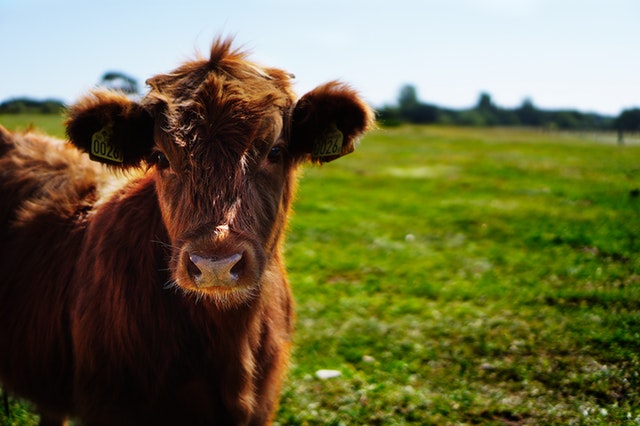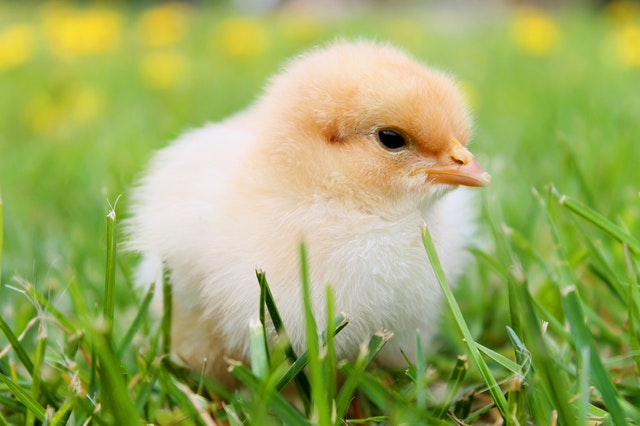The Economist recently declared that 2019 was the “Year of the Vegan”—and it seems like that distinction was warranted. Being vegan is no longer a fringe lifestyle choice. Yes, vegans are still a minority, but a full decade ago, the vegan movement didn’t have nearly as much momentum. As we reach the end of 2019, it’s a different story. It’s worth taking some time to reflect on the past ten years of veganism, and figuring out how we got here—and where the movement can go next.
In 2010, the UN was already urging people to ditch animal products for the sake of the planet. The message didn’t sink in right away, but nowadays, the topic comes up frequently in climate change coverage, and journalists covering environmental news regularly note that red meat production is particularly destructive. There’s no doubt that we’ve made progress: being vegan is certainly more socially acceptable now than it was ten years ago, it’s much easier to find at least one or two vegan dishes on the menu at a non-vegan restaurant, and even people who have no intention of completely giving up animal products are open to the idea of trying vegan recipes.
As far as the actual number of vegans, the percentage of Americans who have adopted the vegan label has risen from a mere 1% in 2014 to 6%—it’s still small, but it’s growing. And it seems like with each passing year, more people sign up for the Veganuary challenge, which encourages people to try going vegan for the month of January—and ideally, stick with it once the month is over. The dairy industry in particular has seen a decline in profits.

Source: Pexels
Many of the people spreading the vegan message weren’t necessarily dedicated animal rights activists—in fact, plenty of outspoken vegans were simply social media-savvy young people, who shared photos and videos of delicious vegan recipes on Instagram and YouTube, along with information about the horrors that really occur inside factory farms.
There is a growing market for plant-based alternatives to cheese, meat, milk, eggs, and even seafood. At the beginning of the 2010s, no one expected that you would be able to pull up at a fast-food drive-through and order a plant-based burger patty—but more chains are putting vegan options on the menu. The idea that vegans are unhealthy and weak is slowly fading, with documentaries like The Game Changers showcasing the journeys of top athletes who quit eating animal products and actually improved in their respective sports.
The tide is turning. And if the aim of the vegan movement was solely to get people to quit eating animals products, perhaps all of these developments would be enough in the long run—but as we teeter on the edge of a full-blown climate crisis, it seems unwise to trust that the same corporations that contributed to the current circumstances will help us get out of it simply by putting more packaged vegan options on grocery store shelves. Sure, many of us are reducing our meat and dairy consumption, which is certainly better for the animals. But now, we need to start asking bigger questions. At this point, it’s not so dramatic to say that the future of the planet we all share is at stake.

Source: Pexels
From simply getting people to turn away from meat, the 2020s are poised to be a decade of creating a sustainable food system. This encompasses: How can we fight for the rights of workers in the food industry, from the line cooks in the back of restaurants to the people who are picking our fruits and vegetables with little to no protection from abusive labor practice? This isn’t going to be quite as simple as swapping beef for Beyond Burgers. As we move forward into the next decade, veganism must go hand-in-hand with food justice.
But the good news is that many vegans care about these issues already. We can continue fighting for the end of factory farms and animal welfare, showing compassion for the beings that can’t speak for themselves. At the same time, we can engage with other issues that plague our food system. After all, let’s say that we do see a day when factory farms are a thing of the past—it’s not enough to push for them to be abolished, because we also need to envision and work towards a better system to follow. At its core, veganism will always be about abstaining from the use of animal products, to the best extent that we can, but it can also be part of a larger fight for a just food system.
Also by Jane: Protect Yourself From Depression This Winter With Vegan Sources Of Vitamin D
Can’t Compost? Here’s How To Get Creative With Food Waste
Get more like this—Sign up for our daily inspirational newsletter for exclusive content!
__
Photo: Pexels




